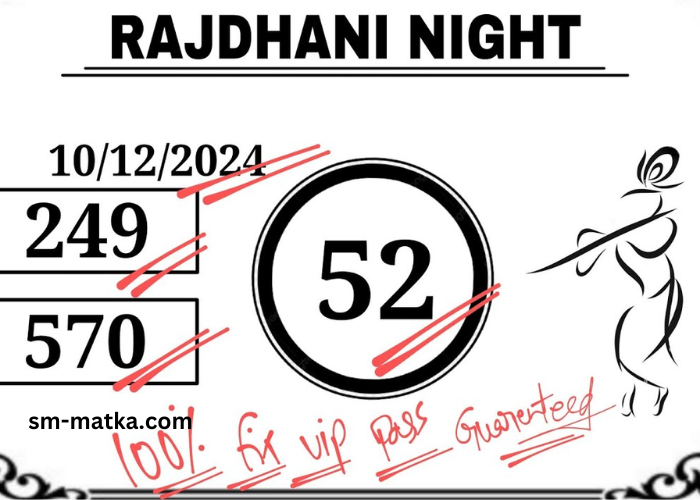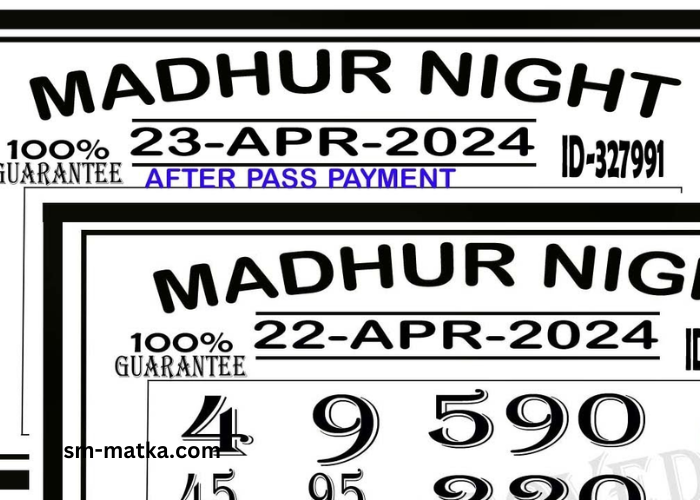
Banking assessments test more than knowledge; they measure how well candidates can communicate, structure their thoughts, and express ideas clearly. While objective tests reveal accuracy, the descriptive section highlights clarity, professionalism, and awareness of real-world issues. To stand out in such competitive exams, the way you write matters as much as what you know. Let’s break down content-focused tips that can help you impress the panel and boost your overall score in banking exams.
Clear Expression in the Descriptive Paper
The SBI CBO descriptive paper is designed to test your ability to present ideas logically and concisely. Many candidates lose marks because they either complicate sentences or write in an unclear manner. The panel values clarity above all else. Your essay or letter should be easy to read and free from unnecessary jargon. Simple, precise, and well-structured content not only improves readability but also demonstrates confidence in your understanding of the topic. Clarity makes your answers stand out immediately.
Strong Introductions and Conclusions
First impressions matter. A strong introduction captures attention, while a well-rounded conclusion leaves the examiner satisfied. Panels expect your introduction to show awareness of the topic, often by giving context or a brief definition. The conclusion should summarize the main ideas and provide a balanced closing thought. Weak introductions or abrupt endings make an essay look incomplete. Practicing these two parts regularly ensures your answers look polished, professional, and memorable.
Relevance to the Given Topic
A common mistake in descriptive papers is drifting off-topic. Even well-written essays can lose marks if they don’t stay relevant. Each paragraph should directly support the main theme and avoid unnecessary details. Use examples, statistics, or real-world scenarios that connect back to the subject. For instance, if the topic is digital banking, avoid lengthy discussions about unrelated economic issues. Relevance shows discipline and focus, qualities that assessment panels look for in future bankers.
Professional Tone and Language
Assessment panels judge not just what you say but how you say it. The SBI CBO descriptive paper evaluates your ability to maintain a professional tone throughout. This means avoiding slang, overly casual words, or emotional language. Instead, use neutral and formal expressions that reflect maturity. A professional tone signals that you are ready for official communication tasks such as drafting reports, writing memos, or addressing clients effectively in your role as a banker.
Balanced Content with Multiple Perspectives
Banking panels appreciate answers that show depth of thought. Instead of presenting one-sided arguments, aim to provide a balanced view. For example, in an essay about financial technology, you could discuss both opportunities and challenges. Presenting multiple perspectives reflects critical thinking and awareness of the bigger picture. It also prevents your writing from sounding biased or superficial. Balanced content makes your essay more convincing and gives examiners the sense that you can think like a professional.
Use of Structured Formatting
Well-structured content is easier to read and evaluate. Panels prefer essays and letters that are broken into short paragraphs, each covering a specific point. Headings, where permitted, add further clarity. Even within paragraphs, logical flow between sentences makes a big difference. A scattered essay confuses readers and reduces scores, no matter how strong the ideas are. Practicing structured formatting ensures that your content is both reader-friendly and impactful.
Practical Examples to Support Arguments
Concrete examples always strengthen answers. Panels are impressed when candidates support their ideas with facts, case studies, or real-life scenarios. For instance, while writing about digital inclusion, citing government schemes or RBI initiatives adds credibility. In letters, using realistic situations shows awareness of practical issues. Examples demonstrate that you are not only knowledgeable but also capable of applying concepts to real-world banking situations, which is a crucial skill for officers.
Impressing a banking assessment panel is not about flashy words or lengthy answers; it’s about writing with clarity, relevance, and professionalism. Strong introductions and conclusions, balanced perspectives, structured formatting, and practical examples all combine to create impactful content. The descriptive paper is your chance to showcase how well you can think and communicate under pressure. By following these content-focused tips, you position yourself as a confident, competent candidate ready for the responsibilities of a banking career.



